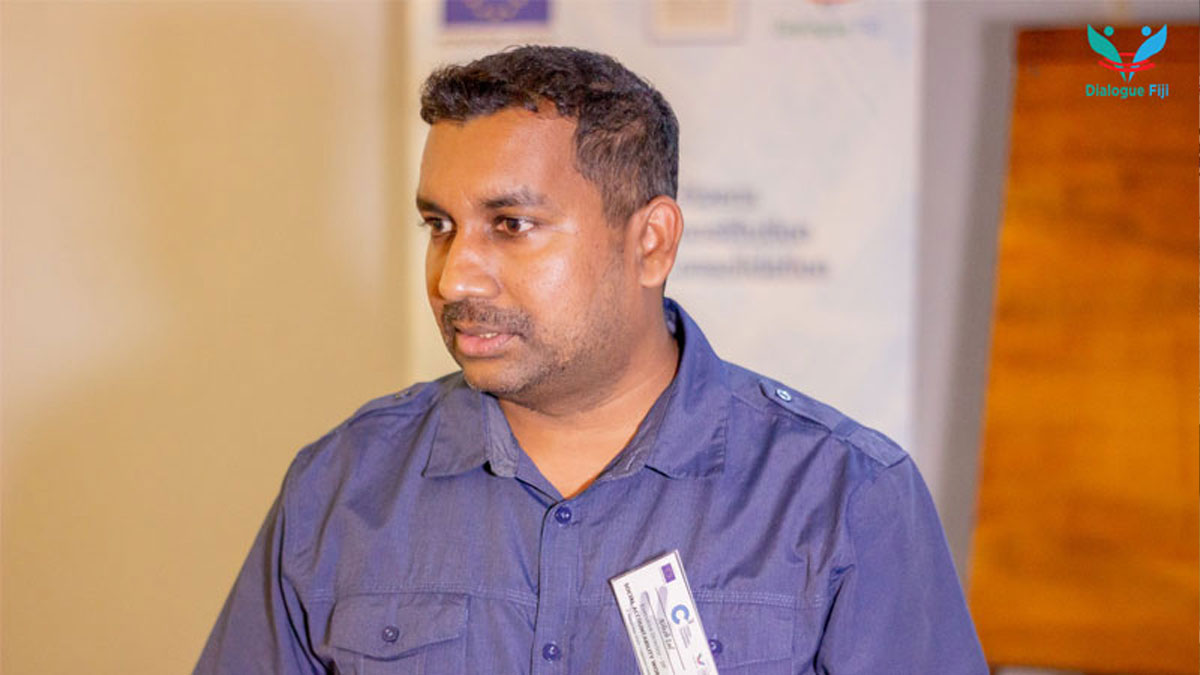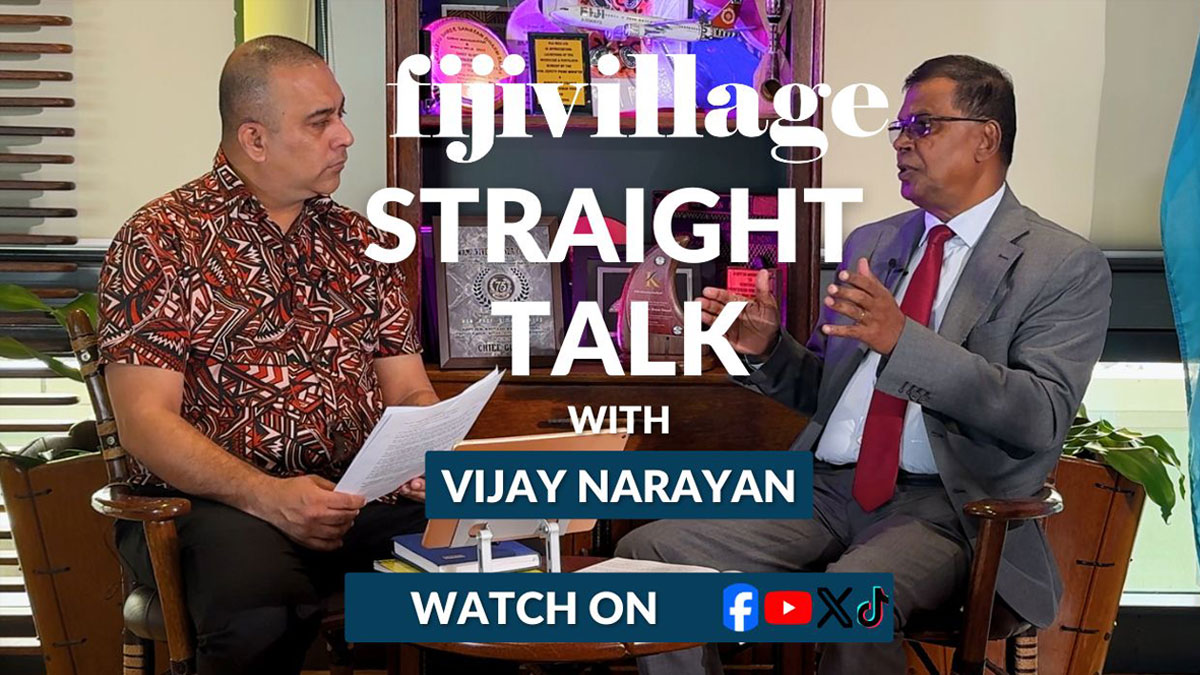
Dialogue Fiji has welcomed the incremental increases in the minimum wage, which is necessary to lift many working Fijians out of poverty and improve their quality of life and the Government’s efforts to respond to the negative impacts of the high cost of living, and other concerns voiced by various economic stakeholders through the 2024-25 National Budget.
They say the increased allocations for social protection, particularly in light of the high cost of living and widespread poverty, are a step in the right direction towards ensuring that the vulnerable population receive the support they need.
However, they hope there would be political will to reconsider the VAT rate in the next budget to address cost of living issues.
Dialogue Fiji Executive Director Nilesh Lal says the move to raise the minimum wage at staggered rates is a positive development that will gradually enhance the livelihoods of many families, while avoiding the impacts of a large, unsustainable increase, particularly on MSMEs.
He says the allocations aimed at the formalisation of informal settlements are a significant stride towards improving living conditions and providing security of tenure for many Fijians living in precarious situations.
Lal says this initiative is essential for ensuring sustainable development and social inclusion.
He also says they are pleased to note that the budget does not include major austerity measures that could have adversely impacted the pockets of ordinary Fijians and the financial positions of businesses, particularly MSMEs.
He says the announced pay rise for civil servants will inject more money into the economy, however, it is likely to lead to increased demand for pay rises across various sectors.
The Executive Director says this is problematic in light of the potential inflationary pressures that this could exacerbate, given the prevailing situation.
He also says despite the positive aspects, Dialogue Fiji is concerned about the reduction in funding for the Fiji Roads Authority and given the deteriorating road conditions and the rising costs of materials and labour, this decrease is troubling.
Lal says the cut in the FRA's budget means that even with improved efficiency or changes in contracting modalities, less can be achieved in maintaining and upgrading our road infrastructure.
He says this is a setback that could have long-term negative impacts on connectivity and economic activities across the country.
The Executive Director says it is normally expected that if the national budget increases from one fiscal year to another, capital expenditure and those allocated for entities responsible for infrastructure development, should increase proportionally, rather than reduce.
He further says the projected revenue in the budget appear rather optimistic and it is critical for the government to avoid creating further political instability that would affect growth prospects should these projections fall short, the actual deficits would be higher than anticipated.
Lal says there is clearly a need to examine factors which have led to the slowing down of the growth momentum, perhaps through a multi-stakeholder dialogue, and then address these to create conditions to support growth.
He adds otherwise, medium and long term objectives to bring down debt to GDP ratios, etc. will remain elusive and creating the right conditions to realise the GDP growth potential is key.
Click here for more Budget 2024-2025 stories
Stay tuned for the latest news on our radio stations

